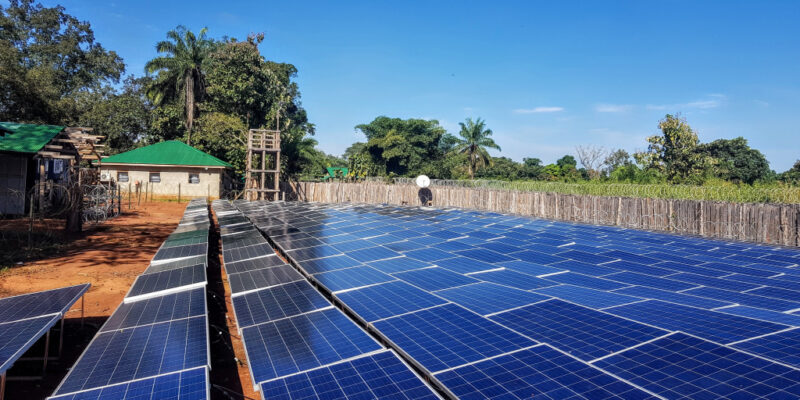As part of its policy to encourage investment in solar energy, the Zimbabwean government intends to exempt investors from paying taxes for a period of 5 years. This will be in addition to the exemption of import duties on solar power equipment into Zimbabwe.
The Zimbabwean government wants to take its strategy of attracting investment from solar energy producers in the country a step further. During a question and answer session in the Senate, Zhemu Soda, the Zimbabwean Minister of Energy, said the government was looking into the possibility of exempting solar energy investors from taxes for a period of five years.
“Whatever they produce in those five years, they will not have to pay taxes to the government. This is done to motivate those who want to invest in solar energy production so that the solar networks can be connected to the national grid,” explains Minister Zhemu Soda. This new measure will accompany other measures taken by the Zimbabwean government, notably the duty-free import of solar energy production equipment. But despite the removal of the import duty, the 15% value added tax (VAT) still applies, says GET.invest, a European programme that supports investment in decentralised renewable energy systems.
According to The Chronicle, the new incentives will benefit off-grid solar providers more. These decentralised solutions are accelerating the electrification process in Zimbabwe as well as elsewhere in Africa. Due to its outdated power generation and transmission infrastructure, Zimbabwe will rely on mini-grids for electrification in the coming years.
Zimbabwe’s Rural Electrification Agency (REA) is banking on the off-grid for the electrification of rural areas. REA has already installed 372 PV mini-grids of 0.9 kWp each, totalling 334.5 kWp, in schools and clinics throughout the country. Other installations have been commissioned or commissioned by non-governmental organisations (NGOs) and some private developers. These solutions are expected to meet part of Zimbabwe’s estimated electricity demand of 2 200 MW. According to GET.invest, the East African country has an installed capacity of 1 940 MW, with an actual production of 845 MW in 2016.
Jean Marie Takouleu







